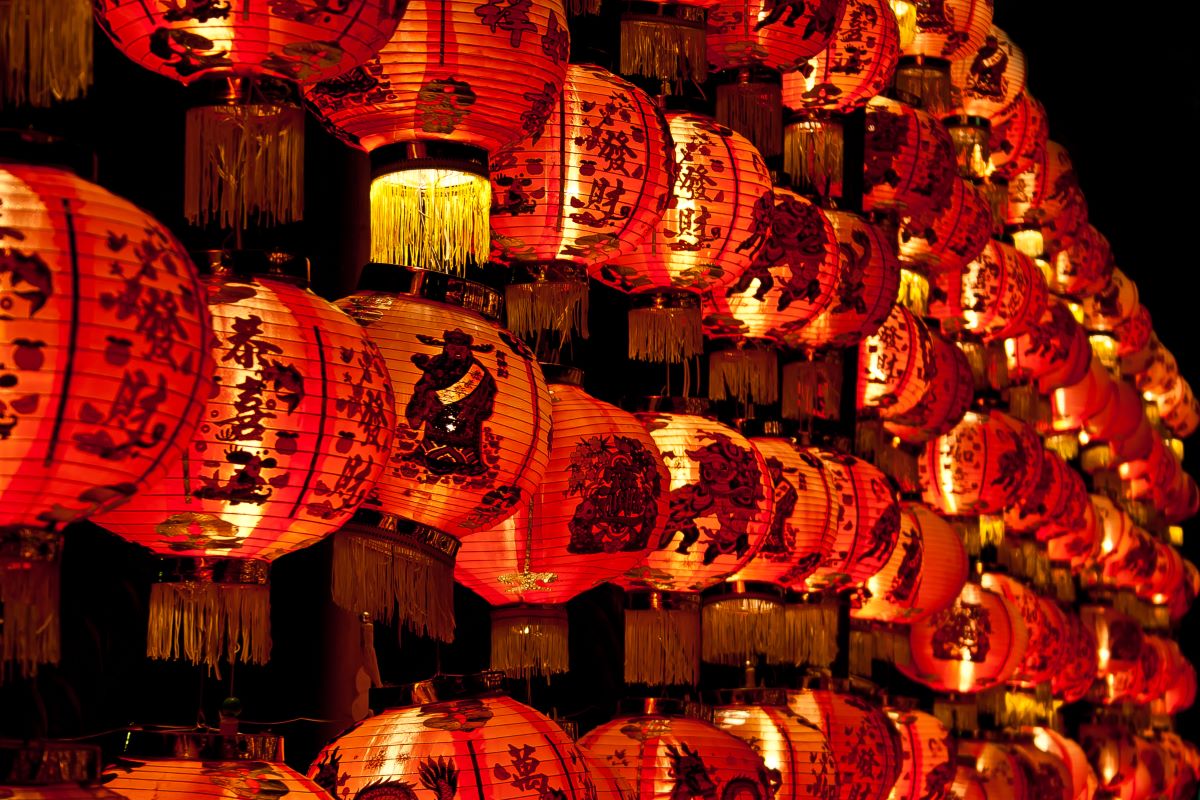As investors become more risk-averse, Asian unicorns are feeling the pinch of the global shift toward tighter monetary policy. Asia-Pacific (APAC) unicorns were worth $1.04 tn in July 2022 equating to about $3.2 bn per company – a figure that has barely changed from the roughly $3 bn average in September 2021, despite a nearly 20% increase in the number of unicorns.
Asia had 321 unicorns as of late July 2022 accounting for close to 30% of the global total of 1,178, according to CB Insights. This is less than in the United States, which accounts for more than half of the world’s unicorns, as growth trends over the last year paint a bleak picture for this major market.
“Asian economies must be mindful of spillover risks as a decade of unconventional easing policies by major central banks is unwinding faster than expected,” noted Kenji Okamura, Deputy Managing Director at International Monetary Fund (IMF), during the Regional Economic Outlook Event in May 2022.
Valuations of Asian unicorns
In India, 69 unicorns’ average valuations have dropped to $2.9 bn from $3.3 bn in September 2021. The gains made by large names such as Edtech company Byju’s, which last increased its valuation by about 40% to $22 bn, were outweighed by the proliferation of smaller unicorns. Singapore and South Korea experienced similar patterns. The number of new Asian unicorns created each quarter has decreased from more than 30 in late 2021 to fewer than 20 in 2022. Singapore’s Coda Payments and South Korean e-commerce firm Bucketplace are two new names in the Unicorn club.
Asia has attracted more than $1 tn in venture capital money since 2012, bolstered by rising valuations of companies such as ByteDance and Shein, according to research firm Preqin. The start-up scene was flush with cash fuelling valuations that were frequently exaggerated beyond what companies were worth. With the United States and many other central banks raising interest rates, investors are becoming more cautious which may lead to more competition among start-ups for a smaller pool of cash.
In the first half of this year, Asia-Pacific companies raised $50.9 bn across 393 IPOs, representing a 40% and 32% decline, respectively. “Greater China saw a 28% decline in deals (97) and a modest 2% rise in proceeds (which raised $30.1b) year-on-year. Hong Kong saw notably slower IPO activity due to recent market volatility, a severe outbreak of Omicron cases and a relatively bigger fall in the local stock market indices. Mainland China also saw a small decline in deal numbers, proceeds rose year-on-year due to hosting three of the seven mega IPOs in Q1 2022,” said Eric Minuskin, Associate Director at Ernst & Young, in a press release.
Despite the current chill in the market, investors continue to expect Asian unicorns to churn out a steady stream of large corporations. “As many uncertainties remain, the market will remain volatile. With the prevailing headwinds arising from geopolitical tensions and conflicts, inflation and interest rate hikes, it will be imperative for IPO-bound companies to take a fresh look at how these challenges will affect their markets, customers and suppliers to their business,” noted Paul Go, Global IPO Leader at EY.
– reporting by Sakshi Dahiya, editing by Sumeet Gaikwad.










 Australia
Australia China
China India
India Indonesia
Indonesia Japan
Japan Malaysia
Malaysia Philippines
Philippines Singapore
Singapore South Korea
South Korea Taiwan
Taiwan Thailand
Thailand Vietnam
Vietnam Germany
Germany Hong Kong
Hong Kong USA
USA Switzerland
Switzerland Singapore
Singapore
 United Kingdom
United Kingdom







